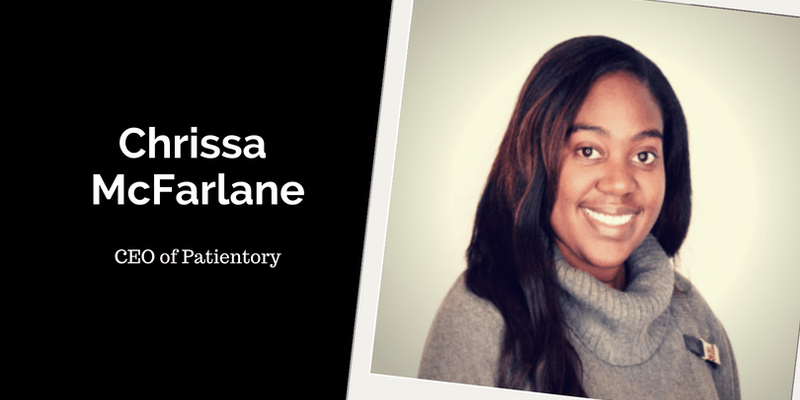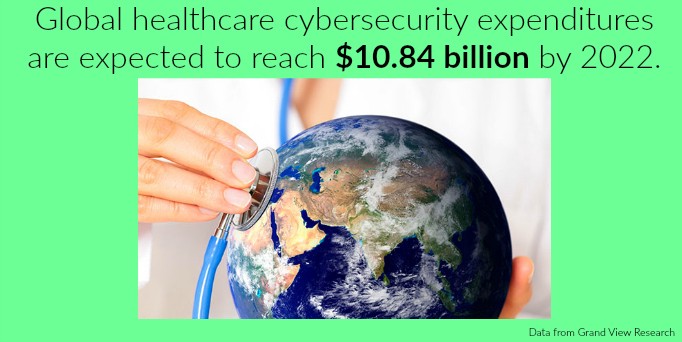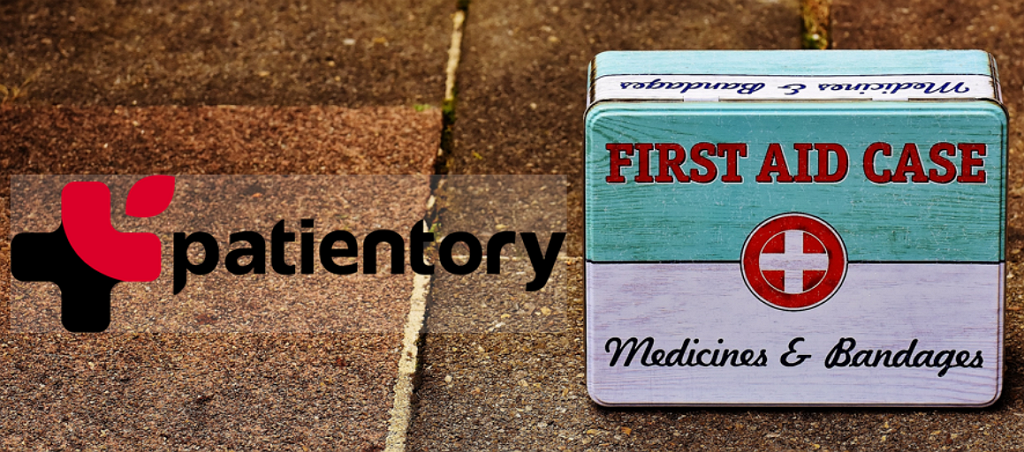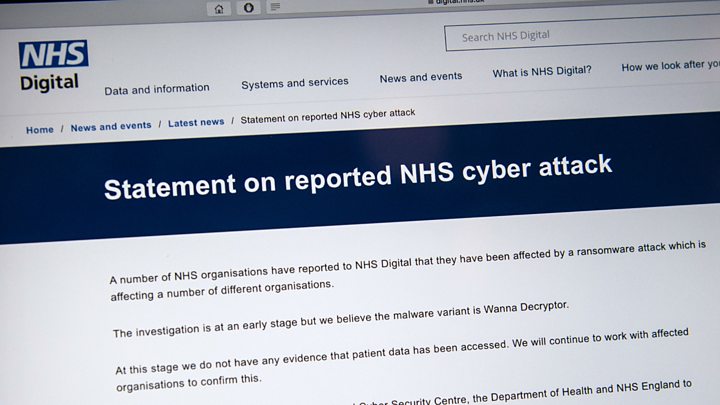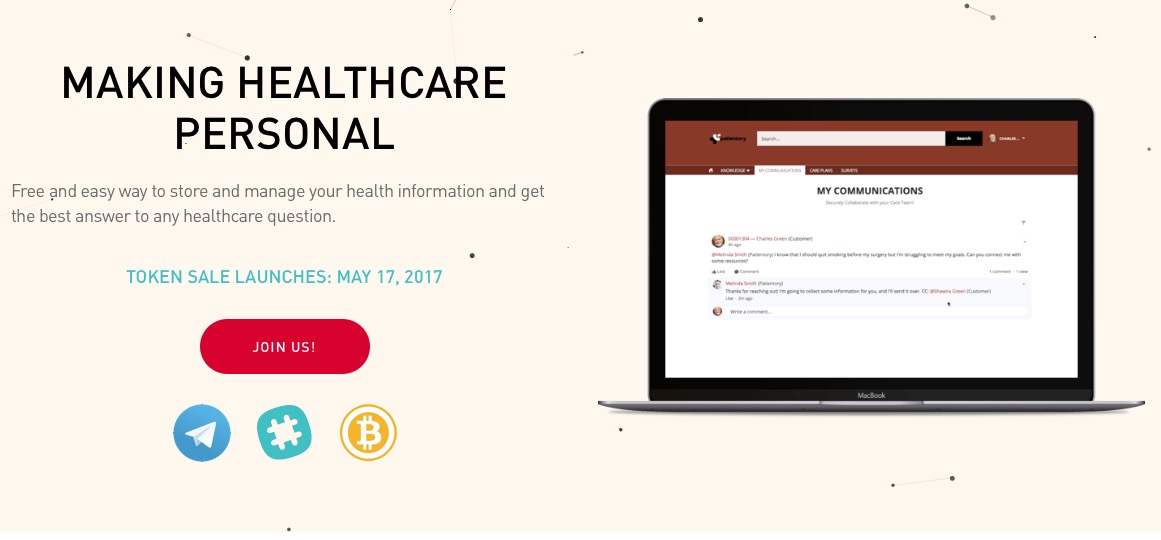– Healthcare’s First Crypto-Token Launches –
Atlanta – April 25, 2017 7:00AM PST – Patientory, the healthcare tech start-up revolutionizing how patients track their health history, aims to tackle one of the biggest issues in healthcare; connecting digital medical records — without compromising privacy. Moving towards that goal, Patientory have today announced the launch of their token sale, the first of its kind within the healthcare industry.
Patientory is enabling early supporters to secure PTY, the token that will power the Patientory network, which is a secure, closed loop distributed ledger system connecting all parties in the healthcare ecosystem to seamlessly exchange health data within a highly-secure, blockchain powered health information exchange (HIE).
Tokenization will incentivise care providers to provide superior care and adopt innovative practices that yield better patient care outcomes – effectively providing compensation to reward providers’ that work together to ensure improvement in the quality of care whilst at the same time reducing associated care costs.
Patientory CEO, Chrissa McFarlane says: “In order for the US to successfully move away from the fee-for-service model to the current value-based model, there has to be a healthcare IT infrastructure that allows organizations to link quality, value and effectiveness of medical interventions through a reputable compensation model.”
“Our proposal renders the ability for payors to transfer PTY tokens as incentives to providers that offer superior care that yield better patient care outcomes to be compensated proportionally to their effort in the resulting shared savings,” continued McFarlane.
Patientory’s vision is to deliver population-health management solutions that assist healthcare organizations in boosting clinical outcomes through physician-coordinated care. A patient-centered protocol supported by blockchain technology will empower individuals to manage their health records in a format that offers true interoperability and security.
The company’s genesis is tied to the 2016 inaugural class of the Boomtown Health-Tech Accelerator in Boulder, Colorado in collaboration with the Denver-based Colorado Permanente Medical Group, part of the $65 billion revenue generating Kaiser Permanente consortium, based in Oakland, California. Patientory are also part of the Startup Health portfolio, a global organization leading the movement to transform health.
Using blockchain technology, Patientory encrypts medical patient information in hospitals and insurance companies so that it is not centralized data, but it is distributed, thus meeting HIPAA Security Rules. Being able to coordinate patient care via a blockchain HIE essentially alleviates unnecessary services and duplicate tests with lowering costs and improvements in efficiencies of the continuum care cycle.
“Digital health transformation is happening now,” commented McFarlane. “We’re really excited to launch our token sale and empower the healthcare community to support blockchain technology and it’s ability to truly disrupt healthcare and drive faster innovation.”
Patientory’s white paper, the holy grail of blockchain for healthcare, outlines a detailed description of their vision, the market, development roadmap and the upcoming crowd sale of its tokens available here.
Token Sale Opens: May 17, 2017
-ends-
About Patientory
Patientory is an advanced healthcare app that lets users create a patient profile to keep track of their health history. The free to use app provides patients an easy and hassle free way of tracking doctor visits, medical bills, personal medical information, insurance, immunizations and pharmacy medications.
The company has a strong blockchain management team and a broad based advisory board that spans both healthcare and business expertise including Shawn Wilkinson, CEO of the blockchain company Storj.
For more information, visit www.patientory.com
Media Contact:
Katie Olver, Cryptoland PR
E: katie@cryptolandpr.com
US: 866-586-5603
UK: +44 (0) 208 614 6816

